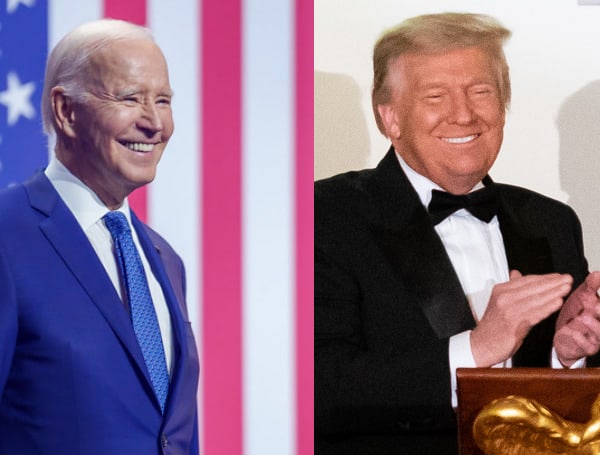A groundbreaking study from Princeton University’s Center for the Study of Democratic Politics highlights alarming trends in U.S. Presidential Debates and calls for significant reforms to improve their effectiveness for both candidates and voters.
Analyzing every debate from 2004 to 2020, researchers found a stark decline in moderator control, a surge in personal attacks and interruptions, and a decrease in substantive discussion.
They developed specific metrics to assess the moderators’ effectiveness at running smooth and respectful debates, the debates’ coverage of issues that voters cared about, and the candidates’ behavior.
They found that, over time, the presidential debates have grown less edifying and more confrontational. Moderators have increasingly struggled to run substantive, respectful, and informative contests to voters. Interruptions, personal attacks, and crosstalk have all increased dramatically as substantive discussion has decreased.
Key findings include:
- Moderator Control Crisis: Moderators lost control only once in 2004, compared to 58 times in 2020.
- Skyrocketing Interruptions: The 2020 debates saw 76 interruptions in a single event, compared to just one across all three debates in 2004.
- Rise of Personal Attacks: Over 60 personal attacks occurred between 2016 and 2020, compared to only six before 2016.
- Crosstalk Explosion: The 2020 Biden vs. Trump debate had 76 instances of crosstalk, a stark contrast to the single instance in 2004.
- Neglect of Key Issues: 11 out of 32 legislatively defined policy areas were barely discussed across 14 debates, with vital foreign policy and national security issues often glossed over.
To address these issues, the study proposes critical reforms:
- Improved Moderator Training: Moderators should receive specialized training in formal debate techniques, not just broadcast journalism skills.
- Empowering Moderators: Give moderators the authority to mute microphones, cut off candidates, and enforce rules against deflection, evasion, and repetition.
- Restructured Debate Formats: Implement formats like the Oxford-style debate or Town Hall meetings to encourage more structured and substantive discussions.
- Clearer Rules and Penalties: Establish strict rules with penalties for personal attacks and interruptions, potentially removing time from the offending candidate’s allotted time.
- Involve the Public: Use surveys to gather questions directly from voters, ensuring debates focus on issues that matter most to the American people.
With the 2024 election on the horizon, the study emphasizes the urgency of these reforms. By making these changes, presidential debates can once again become a valuable tool for voters to understand candidates’ policies and temperament, ultimately strengthening the democratic process.
For a detailed look at the study’s findings and recommendations, visit opentodebate.org.
Help support the Tampa Free Press by making any small donation by clicking here.
Android Users, Click To Download The Tampa Free Press App And Never Miss A Story. Follow Us On Facebook and Twitter. Sign up for our free newsletter.

